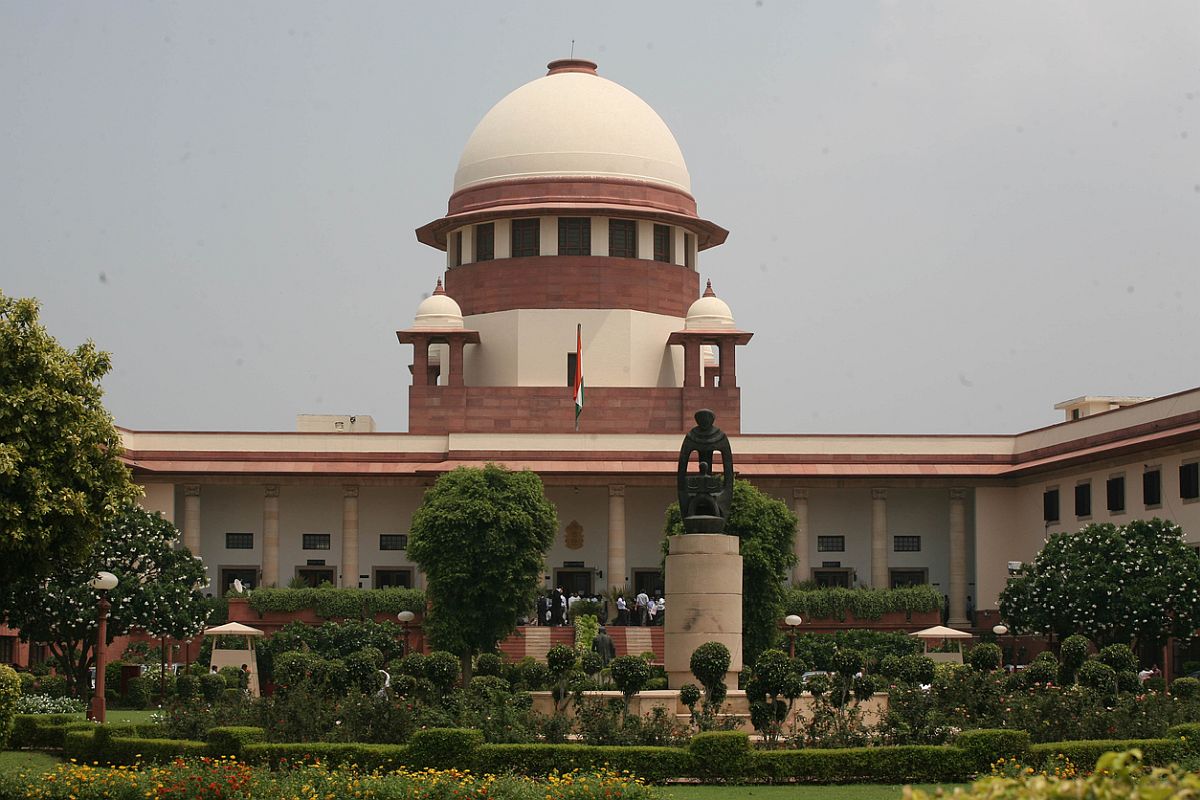In a recent judgment delivered by the Supreme Court of India viz. Rajesh Singh vs. State of Haryana, the Apex Court has held that at an objection that certificate under section 65 B of the Information Technology Act has not been filed alongwith Call Detail Records can not be taken at the appellate stage : if the same has not been taken at the stage of trial. The following discussion may be noted in this regard.
Ordinarily an objection to the admissibility of evidence should be taken when it is tendered and not subsequently. The objections as to admissibility of documents in evidence may be classified into two classes: (i) an objection that the document which issought to be proved is itself inadmissible in evidence; and (ii) where the objection does not dispute the admissibility of the document in evidence but is directed towards the mode of proof alleging the same to be irregular or insufficient. In the first case, merely because a document has been marked as ‘an exhibit’, an objection as to its admissibility is not excluded and is available to be raised even at a later stage or even in appeal or revision. In the latter case, the objection should be taken before the evidence is tendered and once the document has been admitted in evidence and marked as an exhibit, the objection that it should not have been admitted in evidence or that themode adopted for proving the document is irregular cannot be allowed to be raised at any stage subsequent to the marking of the document as an exhibit. The later proposition is a Rule of fair play.
The crucial test is whether an objection, if taken at the appropriate point of time, would have enabled the party tendering the evidence to cure the defect and resort to such mode of proof as would be regular. The omission to object becomes fatal because by his failure the party entitled to object allows the party tendering the evidence to act on an assumption that the opposite party is not serious about the mode of proof. On the other hand, a prompt objection does not prejudice the party tendering the evidence, for two reasons: firstly, it enables the Court to apply its mind and pronounce its decision on the question of admissibility then and there; and secondly, in the event of finding of the Court on the mode of proof sought to be adopted going against the party tendering the evidence, the opportunity of seeking indulgence of the Court for permitting a regular mode or method of proof and thereby removing the objection raised by the opposite party, is available to the party leading the evidence.
Such practice and procedure is fair to both the parties. Out of the two types of objections, referred to hereinabove, in the later case, failure to raise a prompt and timely objection amounts to waiver of the necessity for insisting on formalproof of a document, the document itself which is sought to be proved beingadmissible in evidence. In the first case, acquiescence would be no bar to raising the objection in superior Court.
On the basis of the above reasoning, the appeal filed by the accused was dismissed.
